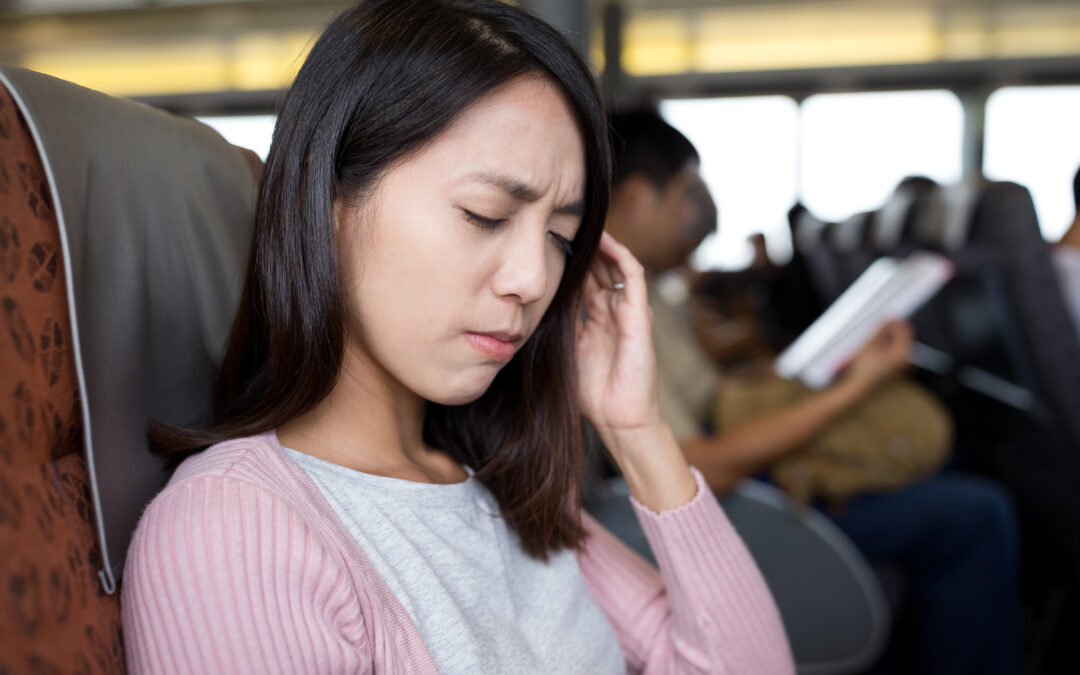
Perhaps the greatest benefit of the work-from-home movement is the ability to work where you want. For digital nomads like us, this means more than choosing to work from your bed or favorite cafe—it means traveling the world as we please while doing our job from the local hostel, an airport chair or down the street from the Eiffel Tower.
As one of the top tourist continents in the world, Europe is home to hundreds of attractions, connected by accessible public transportation. Still, the life of a digital nomad takes time to settle into, and requires significant research as you decide on your next adventure. What do you want to see next? Should you travel by bus, train or plane? And most importantly, how safe are the areas you’re visiting?
Exploring the Safety of European Cities
Eight of the ten safest countries in the world are in Europe. Like any continent, there are many places tourists and nomads are encouraged to avoid, but if you are concerned about safety while traveling, Europe is the best place to go.
This is true for almost everyone, of every race, nationality, religion, sexuality and other demographics. Regardless of who you are or who you’re traveling with, these cities are well-known as the safest destinations for digital nomads in Europe.
1. Lisbon, Portugal
You’ll find an abundance of coworking spaces in Lisbon, the capital city of Portugal. While the location can bring costly rents, many digital nomads find it worth the price to be immersed in rich history, exquisite views and temperate, sunny weather.
Lisbon consistently ranks near the top of the safest cities in the world and—in our opinion—is also one of the most beautiful. Take in a coastside sunset or get out on the water and look back on the city as a whole, and we think you’ll agree.
2. Barcelona, Spain
We would be remiss not to mention the lively streets and distinctive architecture of Spain’s most beautiful city. While you may run into a fair share of pickpockets in tourist spots like the blocks around La Sagrada Familia, walking a few blocks in any direction will bring you into the heart of the area, where you can live as the locals do.
Spend your days working beachside over the gorgeous Mediterranean, and your nights indulging in fresh paella and world-famous sangria. Barcelona is the perfect city for artists, swimmers and dreamers of every sort.
3. Split, Croatia
While most people go straight to Western European countries when they first embrace the nomadic life, Eastern Europe is home to many forgotten gems worth international attention. One such place is Split, Croatia.
Visit during the off seasons to take in Diocletian’s Palace and beautiful cobblestone streets with the locals. You’ll find a workplace with a view in many of the cafes and restaurants overlooking the sea.
4. Budapest, Hungary
Like Croatia, Hungary may not be the first country people think of when visiting Europe, but the capital city of Budapest offers miles of classic European architecture situated between local markets, high-end boutiques and hearty restaurants.
Set up for your day in one of the many cafes around Heroes’ Square, and be sure to try your hand at the Hungarian language so you can order a steaming bowl of Gulyás or a cheese-covered Lángos!
5. Tbilisi, Georgia
Mountains or riverside—better yet, why choose? The charming town of Tbilisi, Georgia offers an eclectic mix of stunning architecture that will draw your attention every time you make your way through the streets.
Like Hungary, Georgia is known worldwide for its selection of hot springs and sulfur baths, giving you the perfect post-work destination to unwind from your day and rejuvenate for the next.
Preparing for Your Next Trip
Wherever you decide to go, these tips will help you make the most of every second of your time in the area:
- Power up your immune system: Traveling from place to place introduces you to new pathogens and bacteria that your body may not be used to yet. It is very common for travelers to come down with a minor illness within a few weeks of arriving somewhere new. Before you go, try to take some extra vitamins and load up on vitamin C especially to protect yourself.
- Seek energy boosts: After a long flight, you might experience jet lag—the disruption of your circadian rhythm due to time zone jumps. This could zap your energy and leave you feeling sluggish in the middle of the day and wide awake in the early hours of the morning. Jet lag is temporary and only takes a day to adjust back to your sleep schedule, but you can seek out ways to boost your immune system with foods or medications rich in B-complex vitamins.
- Be prepared for illness: Even if you try your best to stay healthy, an illness from an unfamiliar place or even simple exhaustion can prevent you from seeing the world the way you want to. Keep a few remedies on hand for the occasional cold or flu.
- Expect the unexpected: Whether you’re new to travel or a seasoned nomad, a delayed flight or misinterpreted directions can lead to unexpected and often stressful situations. Understand going into your journey that this is likely, and be prepared with some coping strategies to help you stay calm and work through the issue.

